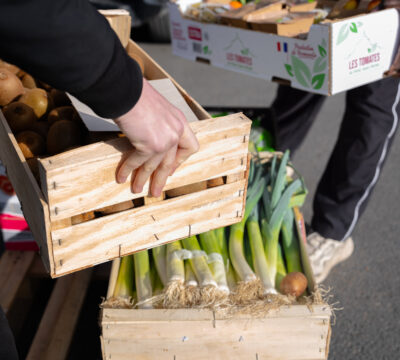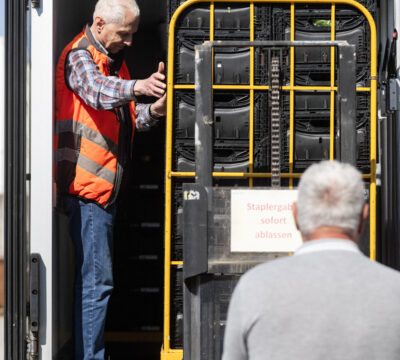Since March, COVID-19 has presented an unprecedented challenge across Europe, disrupting the normality of our lives and having severe impacts on our society and economy.
On 13 March 2020, the World Health Organisation declared Europe the epicentre of the COVID-19 pandemic. Some countries, such as Italy and Spain, were the first to be hit hard and soon after, the coronavirus spread all over the continent with immediate evident socio-economic consequences.
In this context, access to food has proven to be a priority, underscoring the importance of an easily accessible, affordable, healthy, and balanced diet for all. In each corner of Europe, many images serve as testimonials to this evidence, such as long lines at supermarket entrances or volunteers working daily to bring food to elderly, disabled, and disadvantaged people, as well as families facing unexpected difficulties during this period. After the first months of crisis and until this fall, Europe appeared to have COVID-19 under control. However, Europe is once again the epicentre of the pandemic and is recording a dramatic rise in infections, which is straining the capacity of hospitals. Some governments are reimposing tough new lockdowns. Thousands of new daily cases are reported across Europe.
The pandemic revealed our strengths and weaknesses, highlighting the importance of local communities, which are ready to cooperate for the good of all, with a strong synergy between public authorities, civil society organisations, and all the actors involved.
It is evident that the pandemic has had a profound impact on our daily lives and has significantly affected the entire food system.
COVID-19 has served as a wake-up call for the European Food Banks Federation and its members. Since its outbreak, our members have worked daily, facing the challenge not just to get food from the food supply chain but also to ensure its safe delivery to charities. Our members have tirelessly collected surplus food to support charitable organisations that provide meals to those in need. The health emergency and the consequent socio-economic crisis, especially during the first wave of COVID-19, varied from country to country; however, it is evident everywhere that the COVID-19 crisis has brought a new food emergency, characterised by increased food demand.
Our latest report, released in September 2020, highlights a 30% increase in food demand, with a range of 6% to 90% across different countries, driven by new targets of poverty, including jobless individuals, families with children, and elderly people living alone.
Our members have faced similar challenges and have provided responses that can be key aspects when coping with the second wave and the prolonged crisis generated by the pandemic. While the contexts may differ and tailored solutions may be unique, the challenges are commonly felt, and the responses rely on motivation, innovation and adaptation.


